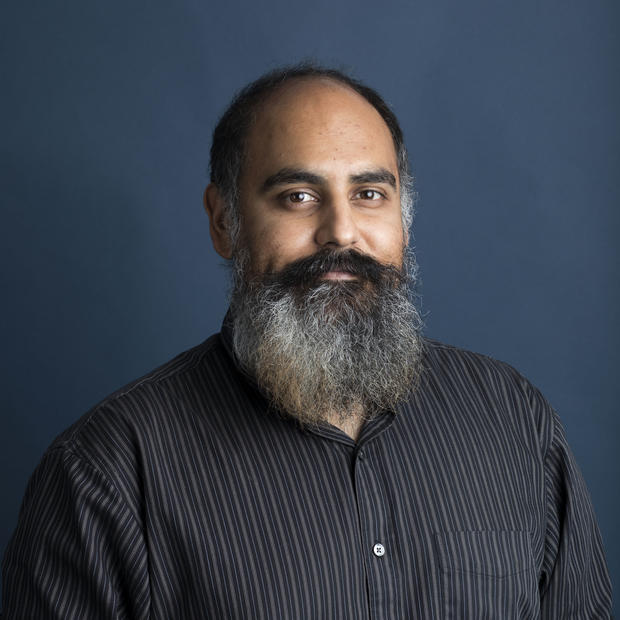As Crosscut's head of visuals, I want to examine the underlying issues behind the headlines and bring to light these stories of economic dilemma and uncertainty, what they mean for our communities and the impacts this downturn may have on our neighbors and our state for years to come.
And I want to hear from you.
For this project, I would be most keen on hearing from people facing one of the two situations below.
Have a story to share that does not fit one of these two scenarios? I'd still love to hear from you! Please contact me at shaminder.dulai@crosscut.com or at @SDulai on Twitter with your information.
Your experiences with health care
Medical debt has long been a source of anxiety for Americans. In 2019, 137 million Americans struggled with medical debt, avoiding collection letters and turning to crowdsourcing, family or friends, or dipping into retirement saving to hold debt collectors at bay. Over half will ultimately declare bankruptcy. An estimated 530,000 families turn to bankruptcy each year because of medical issues and bills, according to a 2019 report from the American Journal of Public Health.
This was the landscape before COVID-19 circled the globe. Since the pandemic, the question of medical debt has taken on new urgency. In Seattle, the city has offered free testing, but treatment costs and hospital bills remain with individuals. How and what we are charged for treatment seems to vary based on where we live, if we have insurance and where we receive treatment.
I want to better understand the issues by better understanding your experiences in the health care system.
Were you hospitalized with COVID-19? Do you have a medical bill to share? Are you grappling with medical bills and facing difficult financial choices? I want to hear from you, scroll to the bottom and please send me a note.
If you're rethinking college
Colleges across the nation are facing the difficult choice of holding in-person classes, going strictly online or moving to some combination of the two. Students are also facing a difficult choice of deciding whether they should attend. With high tuition, limited on-campus classes and some students no longer having the scholarship, job or family finances to attend as planned, some are facing hard financial decisions brought on by COVID-19.
If you are a college student who has decided not to attend this fall for economic reasons, I want to hear from you.
As a person who faced similar choices when I went to college, I am very keenly interested in hearing your story and highlighting the economic realities of what students face in a world changed by COVID-19. For me, I put a four-year college that accepted me on hold and started at a community college part-time to help stretch finances.
Perhaps you did not get the scholarship you expected. Work-study is no longer an option. Or your family has financial dilemmas and you are choosing to help by not going to school yet. Or maybe you see college right now with remote classes as not worth the expense and are choosing to wait a year and work instead.
If you find yourself in the midst of one of these moments and would like to participate in the project, please reach out to me shaminder.dulai@crosscut.com or at @SDulai on Twitter.



